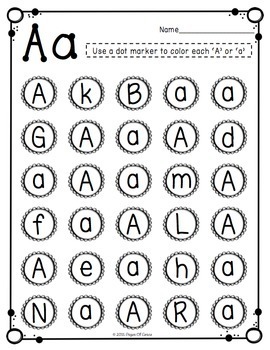Module 5 (Week 2) Vocabulary
1.) Interactive Writing
-"a process where students "share the pen" with the teacher and classmates." (brighthubeducation.com)
Interactive Writing is important for emergent readers who are learning how to read, write and develop words by supporting them to use what they already know about sounds and letters to create a writing prompt.
2.) Letter Recognition
-"identifying the name, characteristics, and formation of the 26 uppercase and lowercase letter symbols used in the English language" (teachervision.com)
3.) Phonics
-"the relationships between the letters of written language and the sounds of spoken language." (readingrockets.org)
It is very important to teach phonics at a young age because the English language is sometimes hard to decode and it offers support with students being able to learn how to read and spell.
4.) High Frequency Words
-"words which occur most frequently in written material" (highfrequencywords.org)
High frequency words are an important concept when it comes to teaching literacy. Since high frequency words make up 60% of all written materials, these words can leave a huge impact on students vocabulary and reading fluency.




Comments
Post a Comment